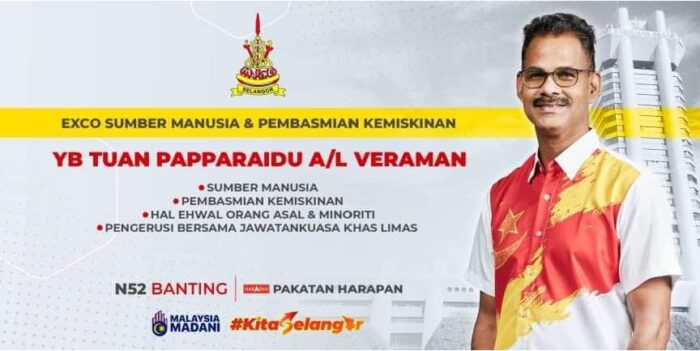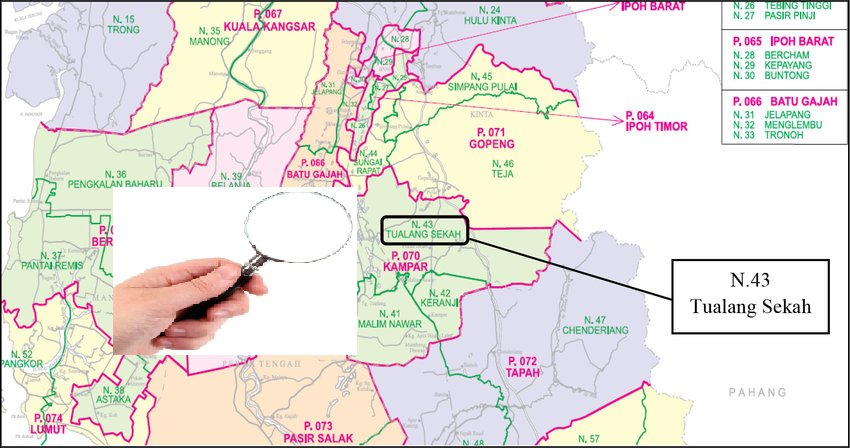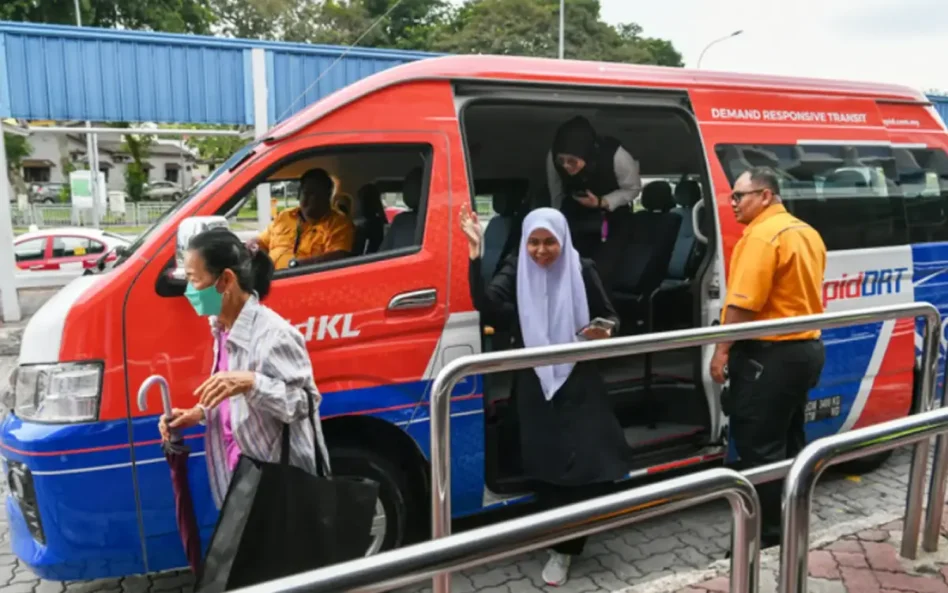MALAYSIA, a country with numerous parliamentary and state constituencies, is facing the pressing need for immediate revamping to enhance the efficiency and effectiveness of its elected representatives.
However, concerns have been raised by scholars regarding the potential for gerrymandering during the re-delineation process.
Despite this, it is crucial for the government to address this matter to ensure fair and equitable representation for all citizens.
While opposition parties may attempt to place blame, it is essential to emphasise that the government’s actions are driven by the objective of serving the best interests of the people.
- Why is revamping necessary?
Malaysia’s existing parliamentary and state constitutions have become outdated and require significant restructuring to improve the delivery of public services by elected representatives.
Some parliament constituencies are over-sized like Bangi (303,430 voters), Damansara (239,103 voters) and Klang (208,913 voters).
To be fair to the electorate, these constituencies can be further broken up into three to four ‘smaller’ parliamentary seats. As the country progresses, the demands and expectations of citizens would have evolved, necessitating a more efficient system that can effectively address their concerns and aspirations.

- Concerns of gerrymandering
There are legitimate concerns that gerrymandering, the manipulation of constituency boundaries to favour a particular political party, may occur during the re-delineation process.
Gerrymandering can result in skewed representation, undermining the principles of democracy and fairness. To ensure an inclusive democracy, it is imperative that the government takes steps to prevent gerrymandering and create a transparent and impartial re-delineation process.
- Ensuring fairness and reasonable action
The government must approach the re-delineation process with a commitment to fairness and reason. This entails adopting an objective and unbiased approach that is free from political interference.
Engaging independent bodies such as election commissions or non-partisan organisations can help ensure the integrity of the process. Transparency in decision-making, public consultations and the inclusion of diverse voices are key elements of a fair and reasonable re-delineation process.
- Addressing opposition concerns
Opposition parties are likely to criticise the government’s efforts, accusing them of ulterior motives and attempting to gain an unfair advantage. However, it is crucial to communicate the government’s commitment to the welfare of the people and the desire to enhance democratic representation.
Emphasising the principles of fairness, inclusivity and the need for a modernised system that better serves citizens can help alleviate concerns and garner support for the re-delineation initiative.
- Public awareness and engagement
To mitigate opposition backlash and promote understanding, the government should prioritise public awareness campaigns to educate citizens about the purpose, importance and benefits of the re-delineation process.
Town hall meetings, public forums and online platforms can be utilised to engage with the public, address concerns, gather feedback and ensure that all citizens have an opportunity to participate in shaping their constituencies.
- The role of scholars and experts
Collaborations with scholars, experts and civil society organisations are crucial in designing an effective re-delineation process.
Their input can help ensure that the new constituencies are based on sound principles such as equal representation, geographical coherence and community interests. Engaging these stakeholders can enhance the legitimacy and credibility of the re-delineation exercise.
Conclusion
The revamping of Malaysia’s parliamentary and state constituencies is an urgent task to ensure that elected representatives can effectively serve the people.
While concerns of gerrymandering exist, the government must take action to serve the people without fear and favour.
By adopting transparent processes, engaging Malaysians to move forward will serve all Malaysian equally and propagate the value for ‘one citizen, one vote’.
Banting state assemblyman Papparaidu Veraman is also the Selangor state EXCO for human resources and poverty eradication.
The views expressed are solely of the author and do not necessarily reflect those of Focus Malaysia.









